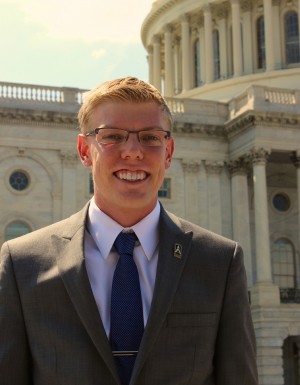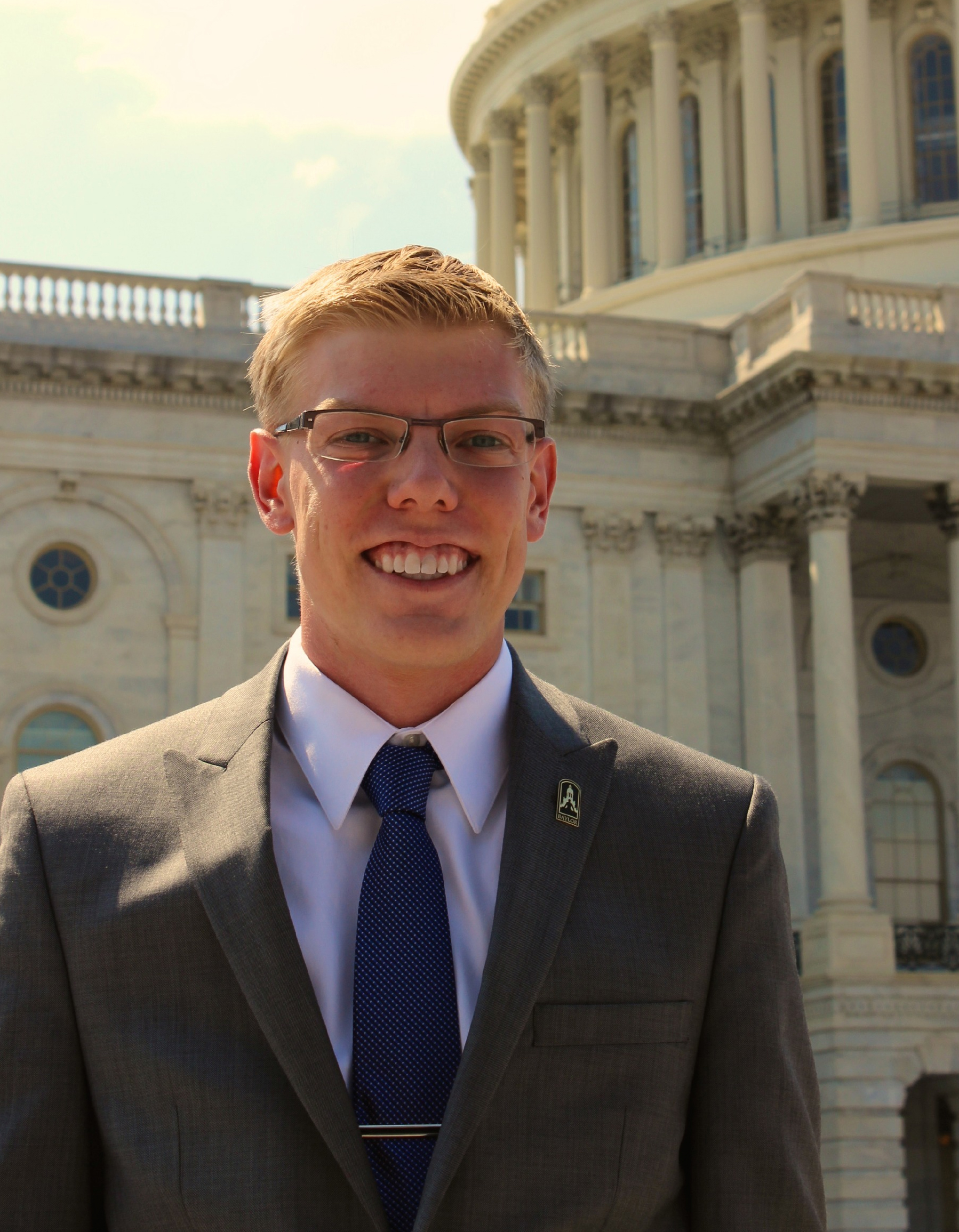
Guest Columnist
Just a few weeks ago, Student Senator Gannon McCahill created some controversy in student government by proposing a concealed carry on-campus bill, which was promptly vetoed by Student Body President Dominic Edwards. This week, McCahill was back in the spotlight after being asked to resign by the Senate Executive Council, a powerful group of senators that meets behind closed doors to decide on disciplinary issues for student government members.
Why? McCahill had eight absences, four more than the acceptable amount. Once a senator is marked for more than four absences, he or she is called before the executive council to receive disciplinary actions.
Five other people – three senators and two senior class officers – were called into the executive council as well for absences. Two were given light penalties, and three others were asked to resign.
Why such a crusade to force so many people out of student government? It’s not clear, because the executive council does not take minutes or allow outsiders into meetings. Reporters were also removed from the full senate debate over these members’ absences, due to a rule called “executive session.” Executive session is a rule invoked by senators when they want to close all debate to the public.
Looking closer at McCahill’s absences, you can hardly conclude that they were out of laziness. As McCahill explained, four of the absences (two senate meetings) were due to family weddings in Boston and California, and another absence was imposed because McCahill missed the social student government retreat. Why? He was traveling to the Baylor-UT football game, a trip planned last April. The Student Government retreat date was not announced until this semester.
Technically, these reasons are not explicitly excused under Senate bylaws, but Chapter I §1.3.2 maintains that other excuses can be approved by a majority vote of the executive council. It’s distressing that the executive council viewed family weddings as an insufficient excuse for absence and sought to kick McCahill out of Student Government and ban him from running again.
Finally, and perhaps most importantly, when the executive council voted to ask McCahill to resign, they were under the impression he had 10 absences – an incorrect number. Lawren Kinghorn, president of Student Senate, admitted to McCahill via email that a mistake had been made, but McCahill said Kinghorn refused to allow a revote by the executive council based on the corrected number ,despite the mistake.
Kinghorn told McCahill that the mistake was a clerical error and acknowledged the vote was based on incorrect information. Even still, Kinghorn said that “a new vote cannot occur.”
Fortunately, the full Student Senate voted Thursday evening to allow McCahill to remain in student government. Student Senate also refused to force the resignations of two Senior Class Officers, defying the recommendations of the executive council.
But it is still disappointing that a select few powerful senators sacrificed accuracy for stubbornness and understanding for power. It would have been far better for the executive council to have tried to find common ground with McCahill and the class officers and work toward a mutually agreeable solution to their absences, given the circumstances.
Maybe the list of excuses should be expanded. After all, do we really want to force students to suspend family obligations when getting involved in Student Senate? Or maybe the punishments should be made more consistent, to avoid the appearance of favoritism affecting the decision.
In an interview with the Lariat last semester, Kinghorn said her slogan was “Leaving a Legacy.” Let’s try to leave the legacy of a respectable student government that gives fair treatment and respect to all senators, rather than taking a hard-nosed approach of retribution. Let’s focus on making Baylor a better place, not trying to kick people out.
Danny Huizinga is a senior Baylor Business Fellow from Chicago. He is a guest columnist for the Lariat. Follow him on Twitter @HuizingaDanny.






